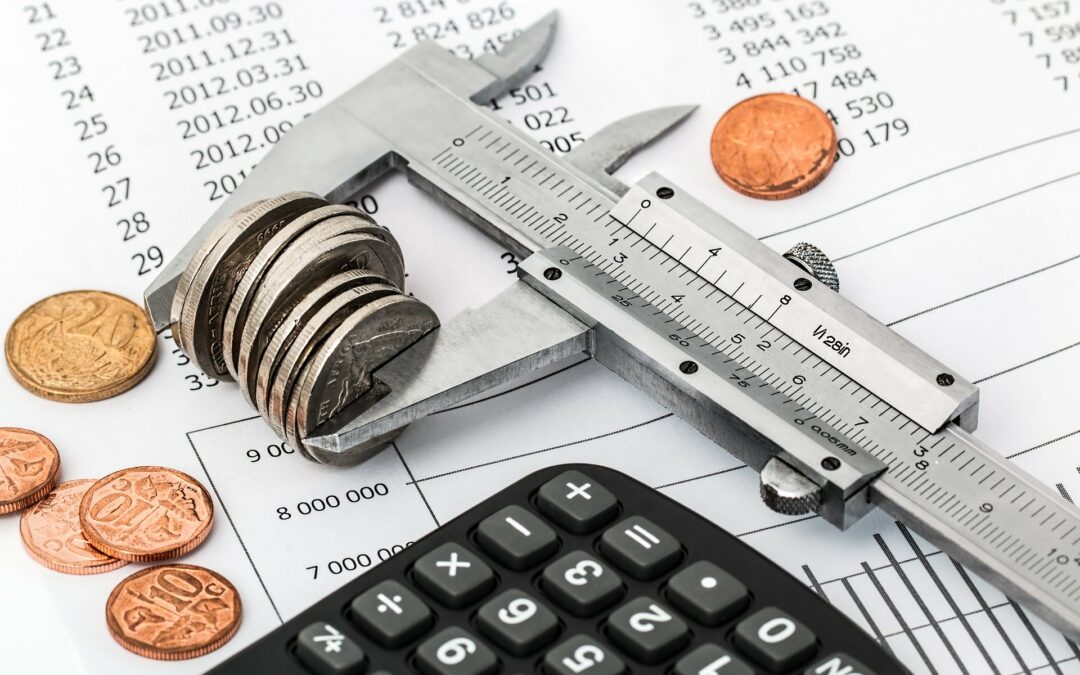Petrol and diesel pump prices are high but the tax-free mileage rates payable to employees who use their own vehicles for business have not been adjusted for over a decade. The rates are:
- Cars and vans: 45p per mile for the first 10,000 miles per tax year, 25p above 10,000
- Motorcycles: 24p per mile for all mileage in the tax year
- Bicycles: 20p per mile for all mileage in the tax year
Many employees cannot afford to use their own car or motorbike for business journeys if they only get reimbursed at these rates, so some employers choose to pay more. But any excess above the tax-free rate is taxable and subject to NIC.
The guidance from HMRC is confusing but the simplest way to deal with the excess mileage payments is to treat them as extra salary and put them through the payroll. This treatment should be communicated to the affected employees.
Where the employee’s car is purely electric the employer can still pay up to the rates shown above and NIC-free. Where the employee charges their private electric car at a charging point at work for free there is no taxable benefit on the electricity. Things get more complicated if the employer pays for the employee to charge their private electric car at the employee’s home or a roadside charging point.
If you need help with this or any other accountancy, tax and small business issues, get in touch for a no-obligation discussion – see our Contact Us page for how to reach us.
Keeping you compliant | Saving you tax | Helping you grow

